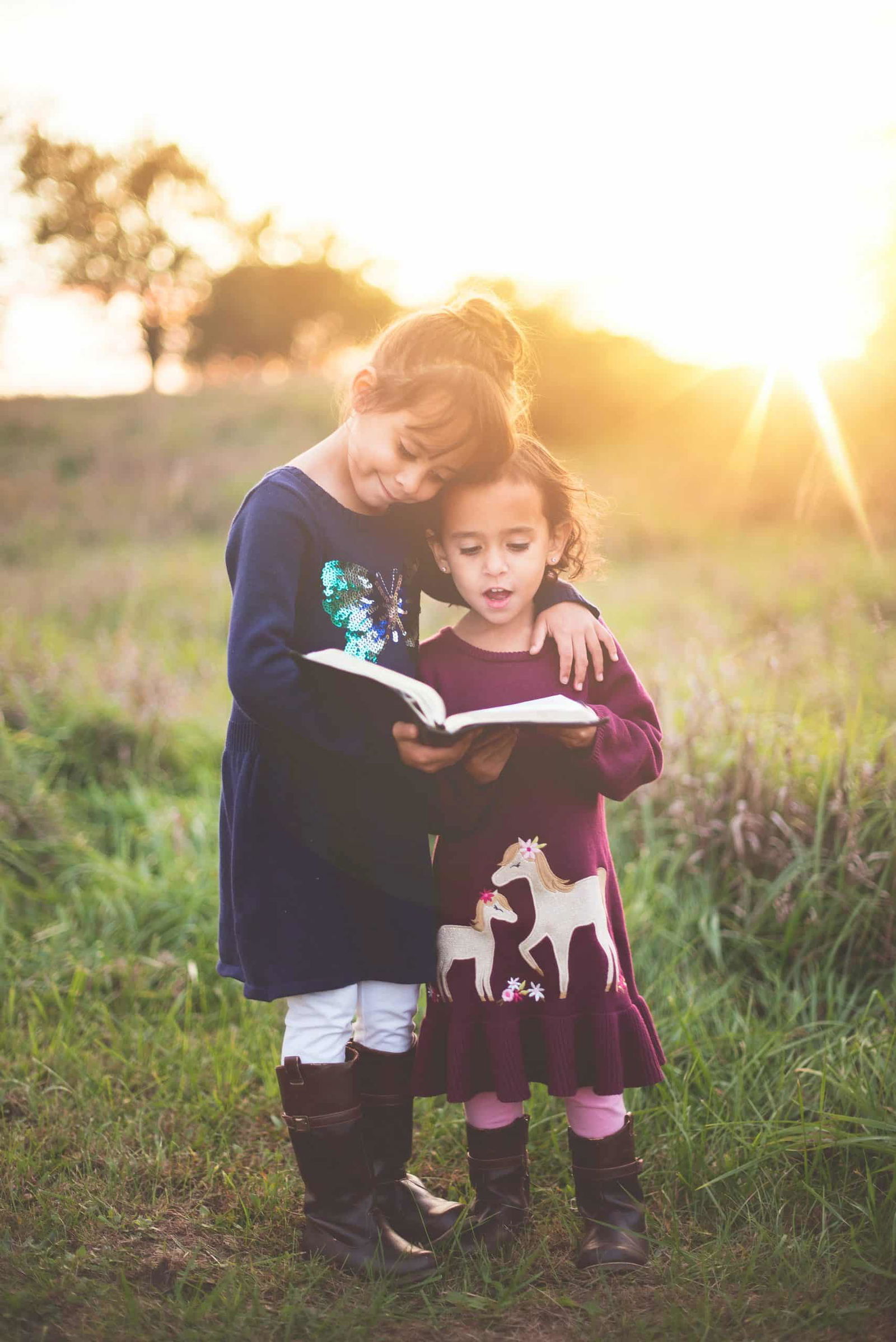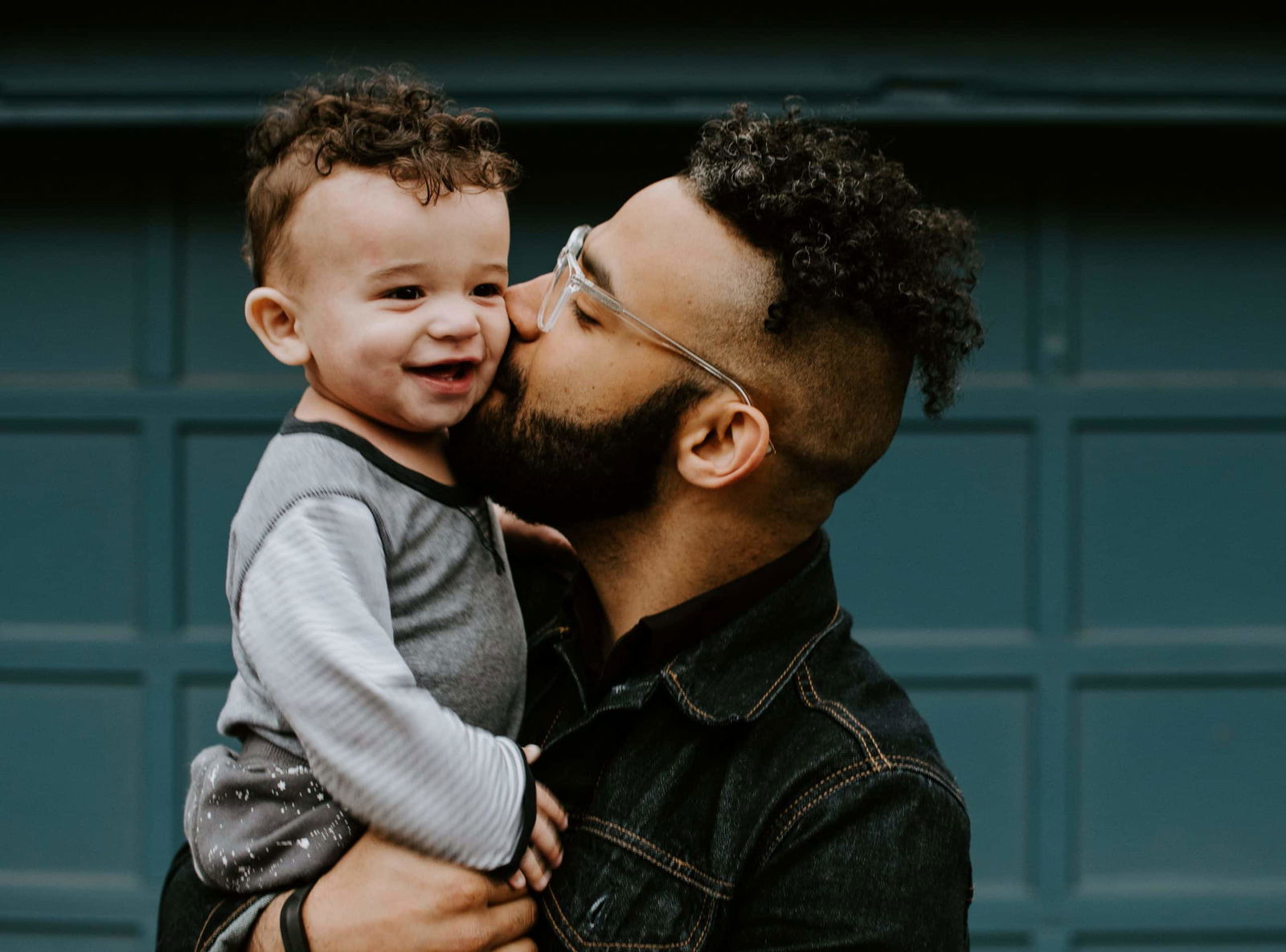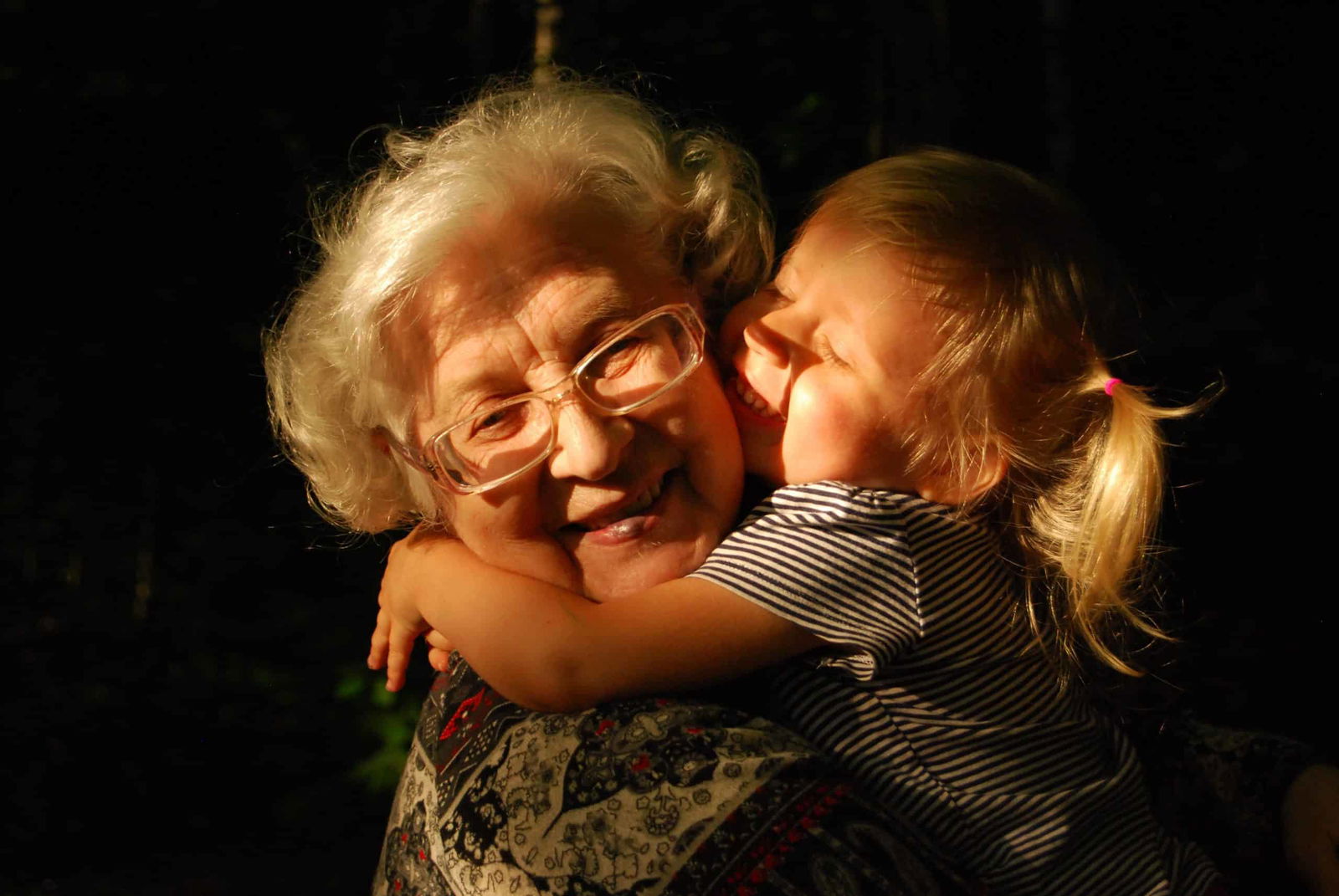Are Love Languages Genetic?
My four-year-old is learning how to read, and every night we pick out a different book to read together. It’s a scene I’m sure many of you are familiar with, and you’re probably no stranger to the situation I’m about to describe either.
Whenever he sounds out a new word and says it correctly, he smiles with excitement and pride. But nothing is as beautiful and touching as how brightly he beams when I tell him how proud I am of him and that he is doing such a great job.

He is definitely my mini-me in so many ways, and this situation is just another example of that. It seems his love language – just like mine – is words of affirmation. Sure, he loves new toys and surprises, but nothing pleases him more than praise and attaboys.
Just in case you’re not familiar with them, let’s talk about the love languages for a second. The five love languages are used in counseling and therapy on the regular to help people identify how they show love and how they recognize or receive love. The five languages, as laid out in Gary Chapman’s book, “The 5 Love Languages,” are as follows:
- Words of affirmation: Praise, encouragement, verbal expressions of emotion
- Quality time: Undivided attention, dedicated dates/activities
- Physical touch: Physical affection (sexual or non-sexual)
- Acts of service: Running errands or doing chores or other favors for someone
- Receiving gifts: Giving and receiving symbols of love and affection
As I mentioned, my love language is words of affirmation, and I’m starting to think that is my son’s language too. So it got me thinking about just how pervasive a love language can be throughout a family. It wouldn’t be much of a surprise if we shared the same love language, simply because that is what he is learning and modeling. If he sees me respond to words of encouragement and praise from others, then it makes sense that he would too.
As a matter of fact, I think that must also be my own mother’s love language. I’ve seen her respond favorably to praise and encouragement, so it only makes sense that I would as well. The way we give and receive love is nurtured in us from a very young age, and our children imitate what they see, perhaps, forever.

With the holidays still clear in our rear-view mirror, here’s an example to illustrate my point. Your family might not be all about a million gifts for Christmas or birthday celebrations, but then you might visit or marry into a family where gift-giving is regarded as an Olympic sport. It doesn’t mean that one family loves any more or less than the other; it just means that they express it in different ways. And multiple generations with the same regard for gift-giving isn’t a coincidence – it’s just a matter of what has been nurtured and taught in that family.
Another example is the dad who would repeatedly take mom’s car to fill it up with gas for her so she didn’t have to do it herself. His son might end up doing the same for his partner one day, and without really trying, speak the love language of acts of service, just like his dad.
So, do I think love languages are genetic? Maybe not biologically … but they are definitely inherited, so to speak. I think it’s interesting all the little things that our children pick up from us, including how we show affection toward one another and also how we receive it.
Love languages and theory and rubric aside, it’s really neat to think about how our children look to us to learn all sorts of behaviors … but most importantly, they learn from us how to love one another. To which, I say, wow – how beautiful is that?









